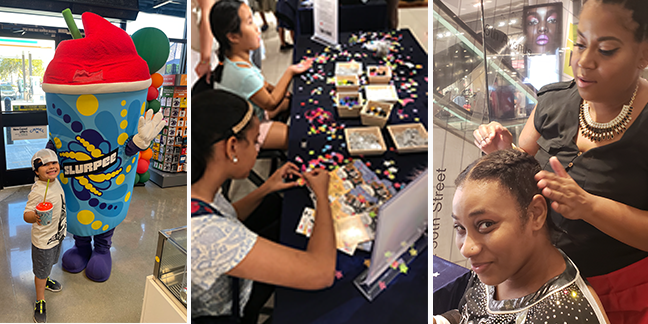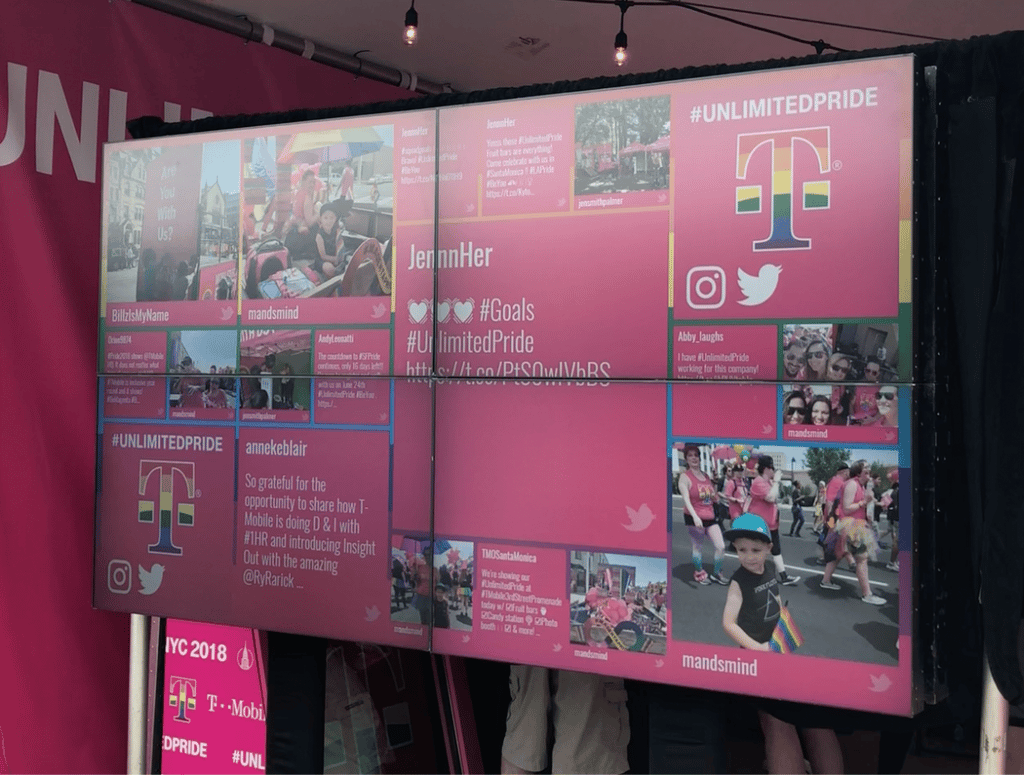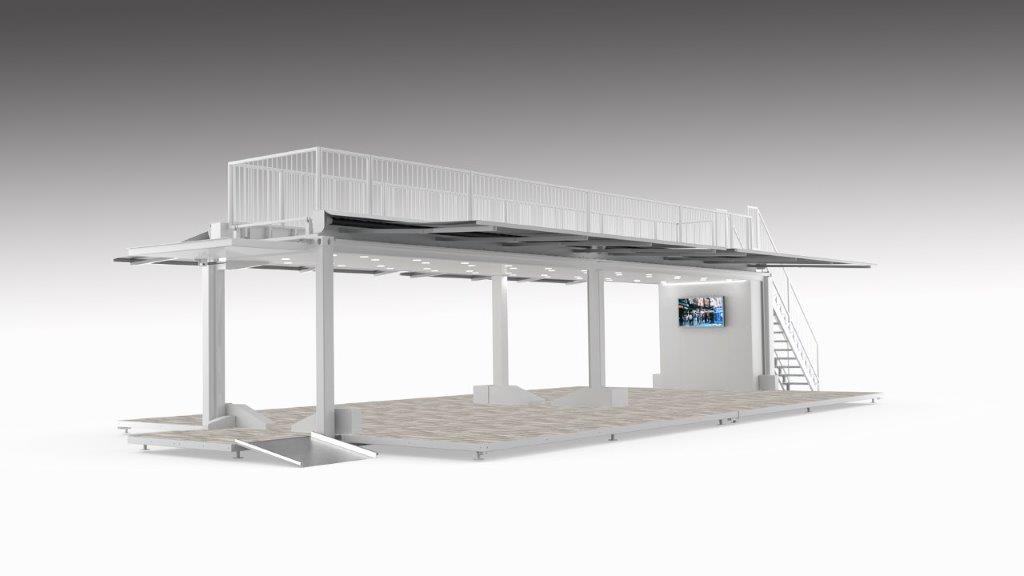
Experiential and event marketing is absolutely booming —
Experiential marketing is a marketing strategy focusing on creating immersive, interactive, and memorable brand experiences for consumers.
Rather than simply promoting a product or service through traditional marketing channels such as advertising, experiential marketing aims to create a personal and emotional connection between the consumer and the brand.
This can be achieved through a variety of methods, including events, trade shows, pop-up stores, product demonstrations, and more.
One of the key benefits of experiential marketing is that it allows brands to directly engage with their target audience and create a lasting impression.
By actively involving consumers in the marketing process, brands can create a deeper level of brand awareness and loyalty.
For example, a cosmetics brand may host a makeup tutorial event where attendees can learn about and try out the brand's products, creating a personal and hands-on experience that is more likely to result in a purchase.
Another benefit of experiential marketing is its ability to generate positive word-of-mouth and social media buzz.

When consumers have a positive brand experience, they are more likely to share it with their friends and followers on social media, leading to increased brand exposure and awareness.
This can be particularly effective for smaller brands that may not have the budget for large-scale advertising campaigns.
However, experiential marketing can be a challenging and time-consuming approach, as it requires careful planning and execution.
Brands must consider the target audience, location, timing, and other details to ensure that the experience is successful.

It is also important to measure the success of the experience to determine its return on investment and to inform future marketing efforts.
One key element of experiential marketing is the use of events. Events can take many forms, such as conferences, concerts, festivals, etc.
Brands can use events as a platform to showcase their products or services, create a memorable brand experience, and generate positive word-of-mouth.
For example, a car manufacturer may host a test drive event where attendees can get behind the wheel and experience the brand's vehicles firsthand.
Trade shows are another common form of experiential marketing.
These events bring together companies in a particular industry to showcase their products or services and connect with potential customers.

Brands can use trade shows to demonstrate their products, create brand awareness, and generate leads.
For example, a technology company may host a booth at a trade show where attendees can try out the brand's products and speak with company representatives.
Pop-up stores are another popular form of experiential marketing, particularly for retail brands.
These temporary stores allow brands to showcase their products in a physical location, often in a location that is unexpected or unconventional.

Pop-up stores can create a sense of exclusivity and urgency, as they are often only available for a limited time.
For example, a clothing brand may host a pop-up store in a trendy neighborhood to showcase its latest collection and create a buzz around the brand.
Product demonstrations are another effective form of experiential marketing, particularly for products that are complex or difficult to understand.
By demonstrating how a product works and its benefits, brands can help consumers understand and appreciate the product, leading to increased sales.

For example, a kitchen appliance brand may host a cooking demonstration event where attendees can see the product in action and learn about its features and capabilities.
Overall, experiential marketing can be a powerful tool for brands looking to create a personal and emotional connection with their target audience.
By creating immersive and interactive experiences, brands can generate positive word-of-mouth, increase brand awareness, and drive sales.
However, it is vital to carefully plan and execute experiential marketing efforts to ensure their success.

Experiential and event marketing is absolutely booming —

Sensory marketing has altered how we communicate with our customers. You can use the power of sensory stimulation to create memorable, immersive experiences.
The science...